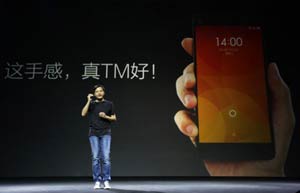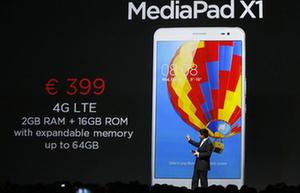Public security departments across China took to social media this weekend to warn the public about the latest threat to mobile phone security, a nasty viral bug called XXshenqi.
Jining City Public Security Bureau in Shandong province used its Sina Weibo account to urge mobile users who receive a text message including XXShengqi "that under no circumstances should they open the link".
XXShenqi is a malicious application, or malware, that once installed hijacks a user's mobile phone.
Once the phone is hijacked, the application sends out mass text messages to everyone on the phone's contact list. The text messages deceptively use wording and phrasing, even the contact's displayed name, to trick users into clicking and downloading the XXShenqi application.
 |
 |
Tencent Mobile Security Laboratory's specialist Lu Zhaohua says this is because the Android operating system is more open when compared to the Apple iOS operating system.
"The Android mobile operating system is more susceptible to viruses and malware, especially within China, because most applications are downloaded through third parties and not Google" said Lu.
"Abroad, most application downloads take place through Google's Google Play Store which requires a level of review. In regards to iOS, all applications must go through Apple before they reach the consumer."
Android is one of the most popular mobile operating systems in the world. Unlike Apple's iPhone, the Android operating system is found on a myriad of devices from hardware makers such as Xiaomi and Samsung.
Lu says because this virus hijacks contact lists, it can spread very fast. Although spreading fast, Lu says there is a loophole: the virus requires users to both click and download the application. If the user downloads the application, they must also install it. If the app isn't installed, the phone isn't infected yet.
To prevent getting infected and in turn infecting others, Lu recommends users verify all Internet links and addresses sent to them via text message, even if it's from a close associate.
Lu also recommended the use of antiviral applications similar to antiviral software found on desktop computers. He points to Tencent's own security offering, Tencent Mobile Manager, as one such solution.
Mobile malware is a big issue in China and abroad. Tencent reports there have been close to 90 million malware infected mobile users in China in 2014. The company also reports that there have been 327,626 known cases of malware.
